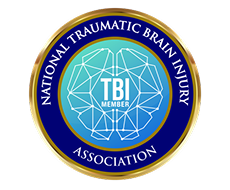How Fasting Can Help TBI
Fasting has gained attention in recent years for its potential health benefits, and research suggests that it may help alleviate symptoms associated with traumatic brain injury (TBI). TBI, which can result from blows or jolts to the head, often leads to cognitive, emotional and physical impairments. While traditional treatments primarily focus on rehabilitation and symptom management, fasting presents a novel approach that could support recovery by enhancing brain function and promoting healing.
Fasting triggers several biological processes that may benefit TBI patients. One of the key mechanisms is the activation of autophagy, a process where the body cleans out damaged cells and regenerates healthier ones. This process is essential for repairing brain tissue and supporting neuronal health. After a TBI, the brain may experience inflammation and cell damage, and autophagy can help mitigate these effects by clearing damaged cells and promoting neurogenesis, the growth of new neurons.
Additionally, fasting can enhance the production of brain-derived neurotrophic factor (BDNF), a protein that supports the survival of existing neurons and encourages the growth of new ones. BDNF plays a crucial role in neuroplasticity, which allows the brain to reorganize and adapt following an injury. Increased levels of BDNF could help improve cognitive function, memory and emotional regulation, which are often impaired after a TBI.
Fasting may also help reduce inflammation, which is a common issue after brain injury. Inflammation can exacerbate brain damage and contribute to long-term cognitive deficits. By reducing inflammation, fasting may aid in minimizing further brain injury and improving overall recovery.
While more research is needed to fully understand the impact of fasting on TBI recovery, early findings suggest that it could be a useful adjunct to traditional therapies. It is essential, however, for individuals considering fasting to consult with healthcare providers, as it may not be suitable for everyone, especially those with underlying health conditions. Nonetheless, fasting offers a promising area of exploration for improving TBI symptoms and supporting brain healing.
Contribute to the TBI Times





